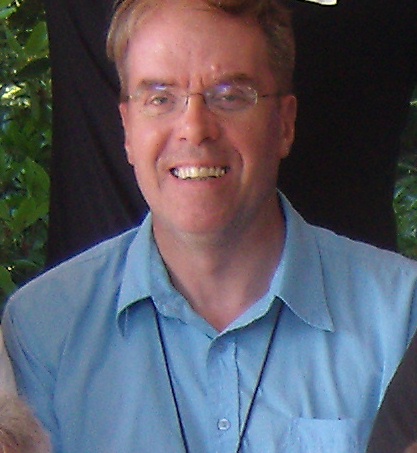Reality presented as Story
by Ravenspen
The human mind, is, above all else, a storytelling mechanism. Because of this, many people retreat into story when the world of objective facts overwhelms them. They want to perceive reality in a way that makes sense to them. Rather than insisting on dividing story from fact, one novel concept is to use story to present facts, providing real information in a comforting context. This approach has been used by Dr. Zachary Meisel and Dr. Jason Karlawish of the Perelman School of Medicine at the University of Pennsylvania.
In an article published in the Journal of the American Medical Association, the two professors argue that “scientists should be telling narratives to explain their findings—stories with a beginning, middle and end—rather than simply relating data.” As physicians, the two men regularly use this narrative technique to connect with patients about their illnesses. Meisel and Karlawish reason that if patients can link up personal experience with scientific data, they are in a better position to “put the information in context, and act on it” However, the doctors also see a larger application. Stories that help people engage in wise choices are also “a necessary weapon against stories that encourage bad decisions.”
Recent celebrity-led campaigns that claim vaccines cause autism have resulted in a “noticeable effect on childhood vaccination rates”, resulting in new outbreaks of a once all but eradicated childhood ailment. To counteract this, scientists have relied on pointing out flaws in Anti-vaccine “studies” and relating the data to population statistics as a whole.
But this approach is no match for emotional sob stories about parents who claim to have noticed autistic behaviors in their children shortly after receiving vaccination. To counteract this approach, Doctors Meisel and Karlawish suggest that their colleagues should use stories of their own, pointing out the suffering and danger children can encounter by NOT being vaccinated against measles. This personal approach, through the medium of story, is one which people unable to relate to scientific and medical data can put in a context which makes sense to them.
The human mind loves to tell stories. Using stories to explain how the world really works, complex counter-intuitive facts and reality can be framed in a way which makes sense to some people who find themselves otherwise overwhelmed by data they find too cold and unfamiliar to contemplate.
This may yet be the most effective way of resolving multiple conflicts in areas of popular misperceptions around issues like evolution, global warming, and even certain socioeconomic fallacies.
If humans need stories as a way of encountering truth, then let us find them the stories they need.
This story came to the ManKind Project Journal through the good offices of Randy Marks of Maryland, a New Warrior since 2005. He describes himself as a “proud Penn grad (thought not of the Med School)”. See the original article at Penn Medicine Docs Say Nothing Beats a Good Story
– is a deeply personal issue that everyone decides for himself. Sometimes the price is high, sometimes low. But this is not very important for life. Life is an interesting thing. And the price on Viagra – too.


